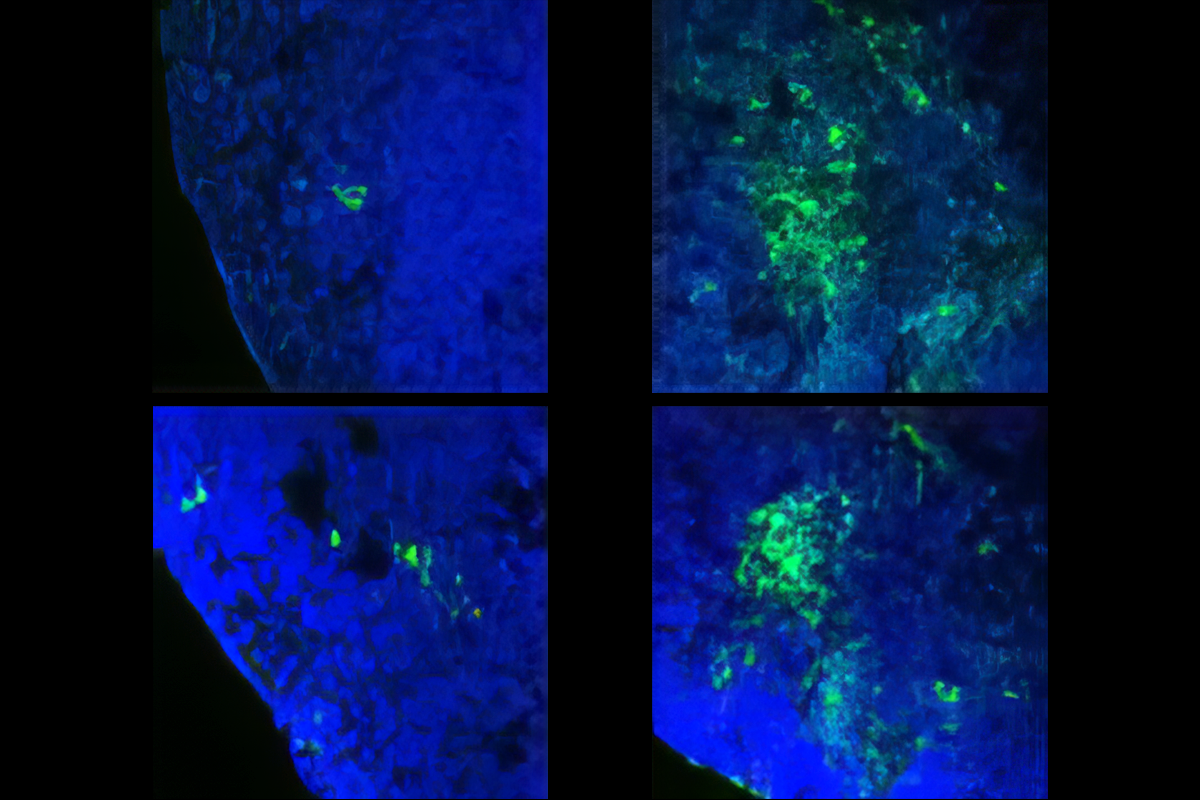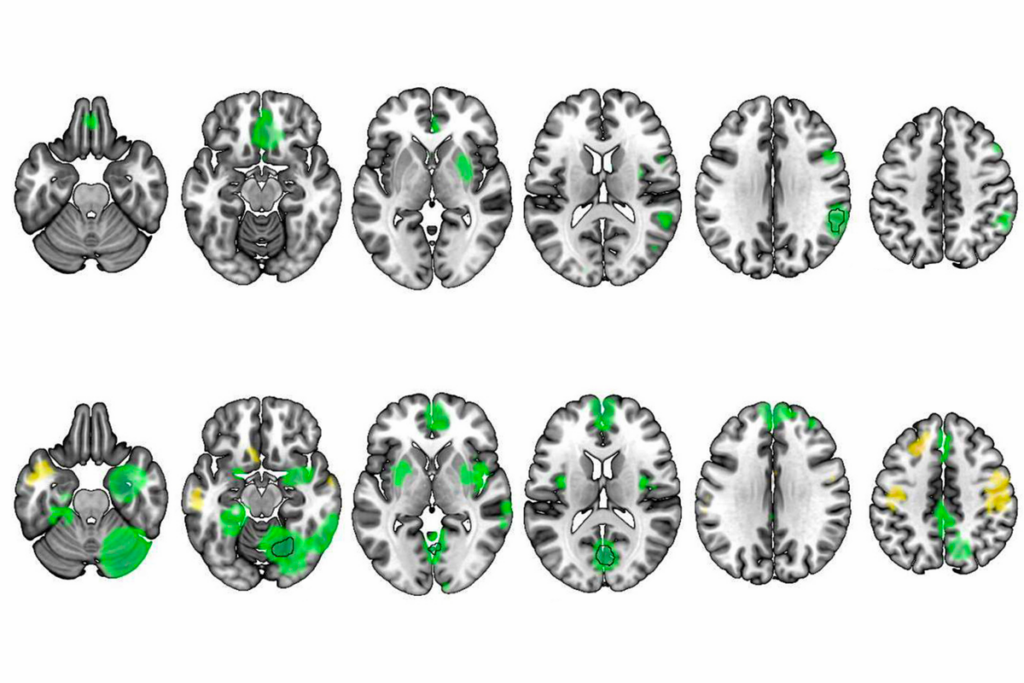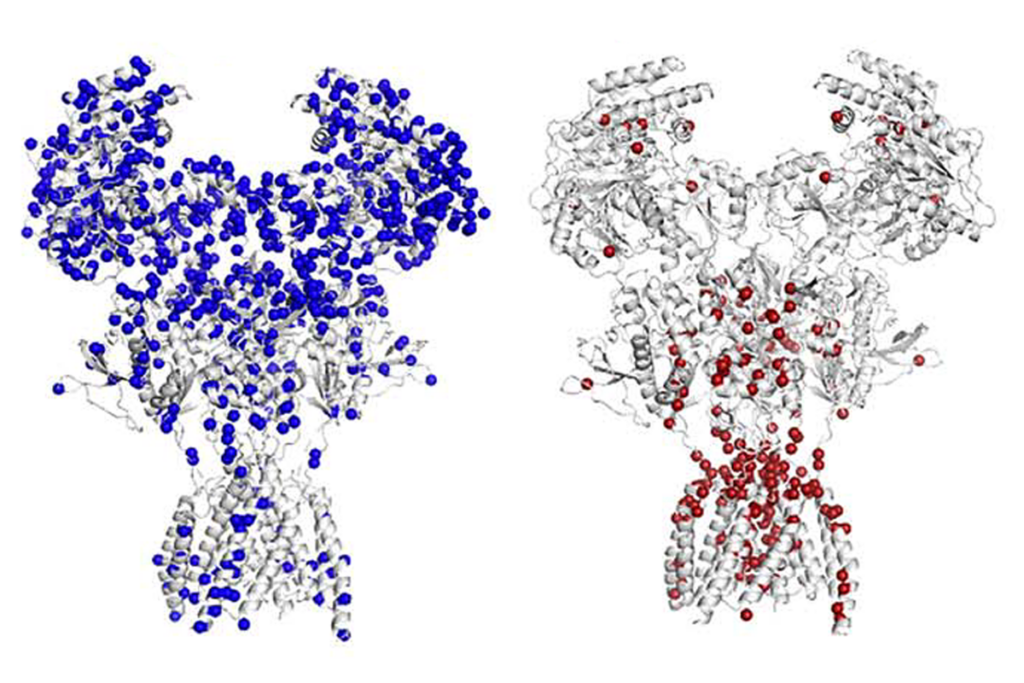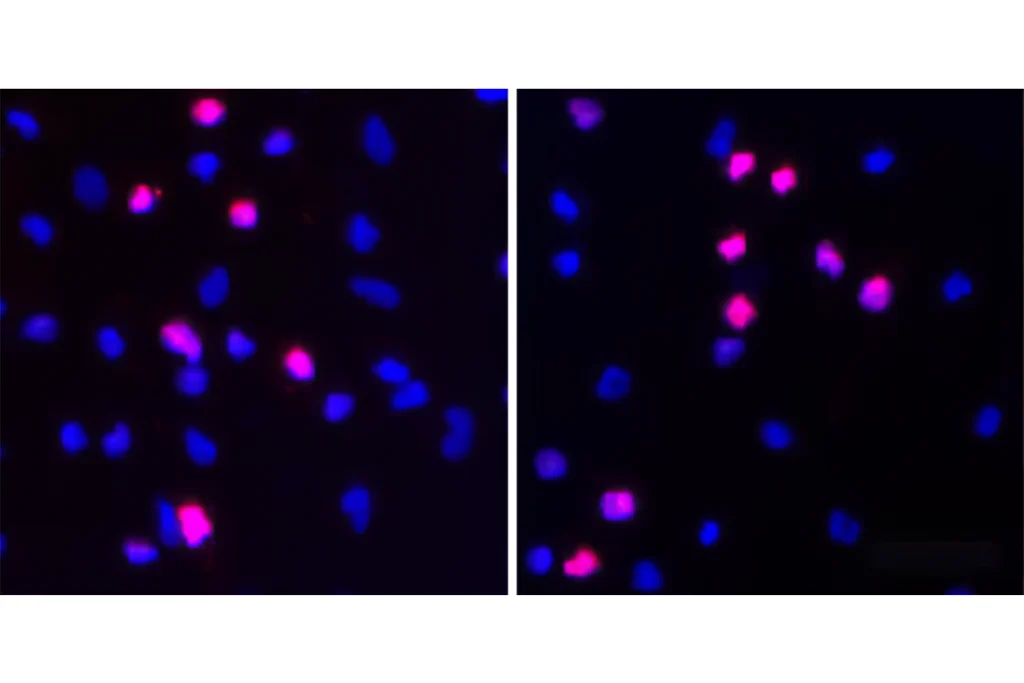- Using a personalized-medicine approach in autism clinical trials—defining criteria for who, how, when and where to participate, for example—may improve results, write two autism researchers in a commentary. The authors highlight a recent study of the hormone vasopressin in rhesus monkeys, which Spectrum covered, that they argue could propel personalized approaches. Proceedings of the National Academy of Sciences
- Integrating multiple imaging modalities can bring about a richer understanding of complex neural correlates to cognitive functioning in autistic and non-autistic people. Nature Mental Health
- Astroglia-enriched organoids have increased neurexin-neuroligin signaling and are better suited to the study of neuroligin variation, which is sometimes observed in people with autism. Cell Regeneration
Personalized medicine; astroglia organoids; fast track for fragile X drug
Here is a roundup of autism-related news and research spotted around the web for the week of 20 January.
By
Jill Adams
21 January 2025 | 2 min read

Boosting diversity: Brain organoids enriched with the protein BMP4 (right panels) have greater astroglia formation (green stain) than do organoids lacking that protein (left panels).
- A machine-learning algorithm applied to the large SPARK dataset has teased out predictors of delayed autism diagnoses. (SPARK is funded by the Simons Foundation, The Transmitter’s parent organization.) JAMA Pediatrics
- The U.S. Food and Drug Administration has granted fast-track status to SP601, a novel therapeutic compound for fragile X syndrome developed by the company Spinogenix. PR Newswire
- Social motivation in autistic children predicts internalizing behaviors related to anxiety and depression, and the link is much stronger in girls than in boys. Journal of Autism and Developmental Disorders
tags:
Recommended reading

New organoid atlas unveils four neurodevelopmental signatures
By
Diana Kwon
17 December 2025 | 4 min read
Explore more from The Transmitter

BCL11A-related intellectual developmental disorder; intervention dosage; gray-matter volume
By
Jill Adams
12 November 2024 | 2 min read

Emotional dysregulation; NMDA receptor variation; frank autism
By
Jill Adams
26 November 2024 | 1 min read

CDKL5 gene; cerebrospinal fluid; drug combo for fragile X syndrome
By
Jill Adams
17 September 2024 | 2 min read
Cite this article:

